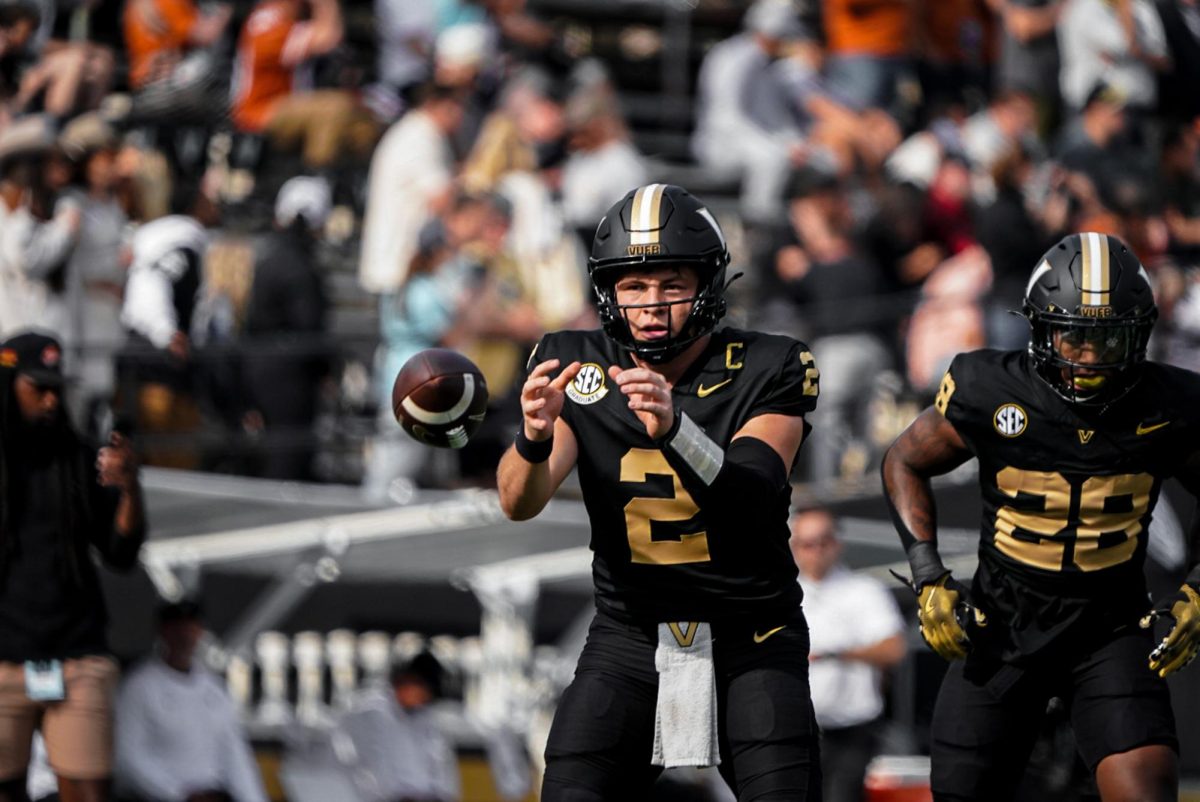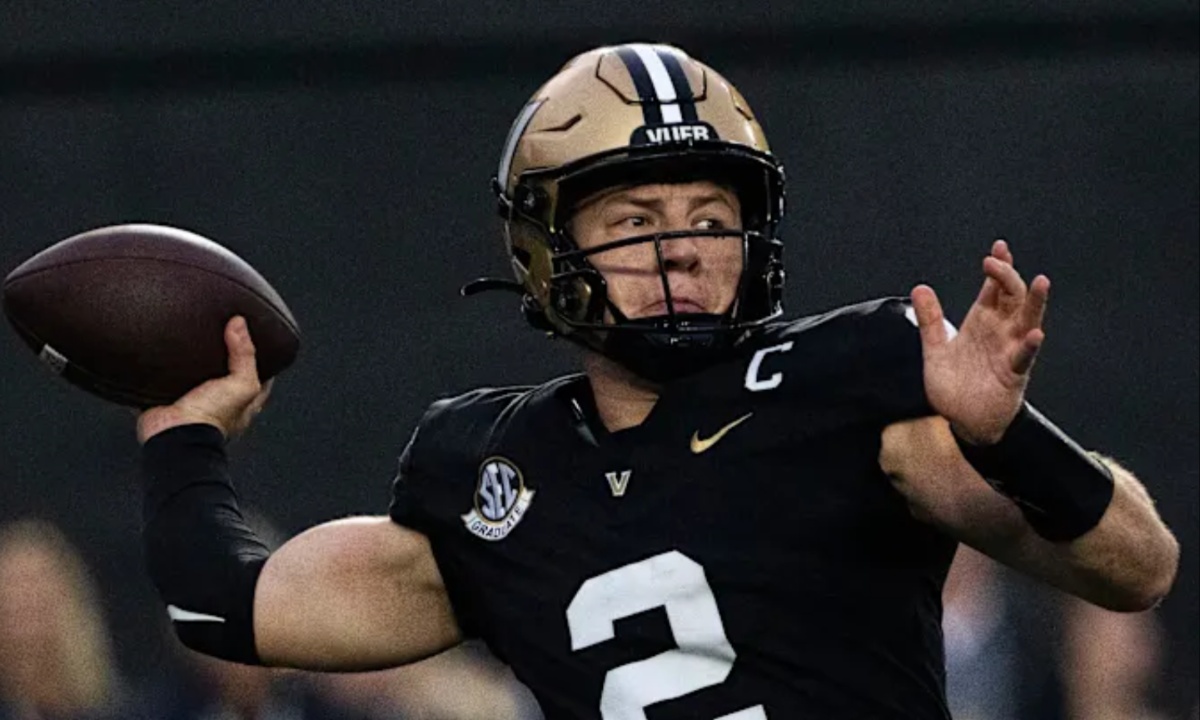Diego Pavia, the quarterback for Vanderbilt University, has filed a lawsuit against the NCAA in a federal court in Nashville. The lawsuit challenges the NCAA’s bylaws that limit the number of seasons junior college (JUCO) players can compete in NCAA Division I sports. Pavia argues that these rules are unlawful and impede players’ ability to profit from their name, image, and likeness (NIL) rights. He is seeking an injunction to prevent the enforcement of these bylaws and requesting an additional two seasons of eligibility.
Pavia’s legal team argues that the NCAA’s restrictions on JUCO transfers stifle competition and harm college athletes. They assert that the rules reduce the overall quality of Division I football, which in turn harms the public’s enjoyment of the sport. The lawsuit claims that these restrictions contradict the NCAA’s stated mission of promoting the well-being of student-athletes and are in violation of federal antitrust laws. Pavia’s lawyers contend that the limitations unfairly restrict the opportunities of JUCO players who want to compete at the highest level.

A key point in the lawsuit is the disparity in eligibility rules between JUCO transfers and other athletes who delay their entry into Division I programs. For example, athletes who attend prep schools, serve in the military, or compete professionally in other sports are not subject to the same eligibility limitations. Pavia’s legal team argues that this creates an unfair advantage for those athletes and unjustly disadvantages JUCO players, who often face additional barriers to playing at the Division I level.
Pavia’s background highlights the challenges JUCO athletes face. A quarterback from Albuquerque, New Mexico, he had limited offers coming out of high school, with only two Division II schools providing opportunities. He played two seasons at the New Mexico Military Institute, a JUCO, before transferring to New Mexico State. After two years there, he moved to Vanderbilt, believing he had only one season of eligibility left. Since joining the Commodores, Pavia has been a key player, helping lead the team to a 6-3 record and a major upset victory over top-ranked Alabama.
In addition to the JUCO eligibility limits, the lawsuit also challenges the NCAA’s redshirt rule and the four-year eligibility cap. Pavia’s legal team argues that these rules cause irreparable harm and that immediate legal action is necessary to address the unjust restrictions placed on college athletes. They are seeking to remove these anticompetitive rules to allow athletes like Pavia to have greater economic freedom and opportunities in college football, both in terms of playing time and NIL earnings.
